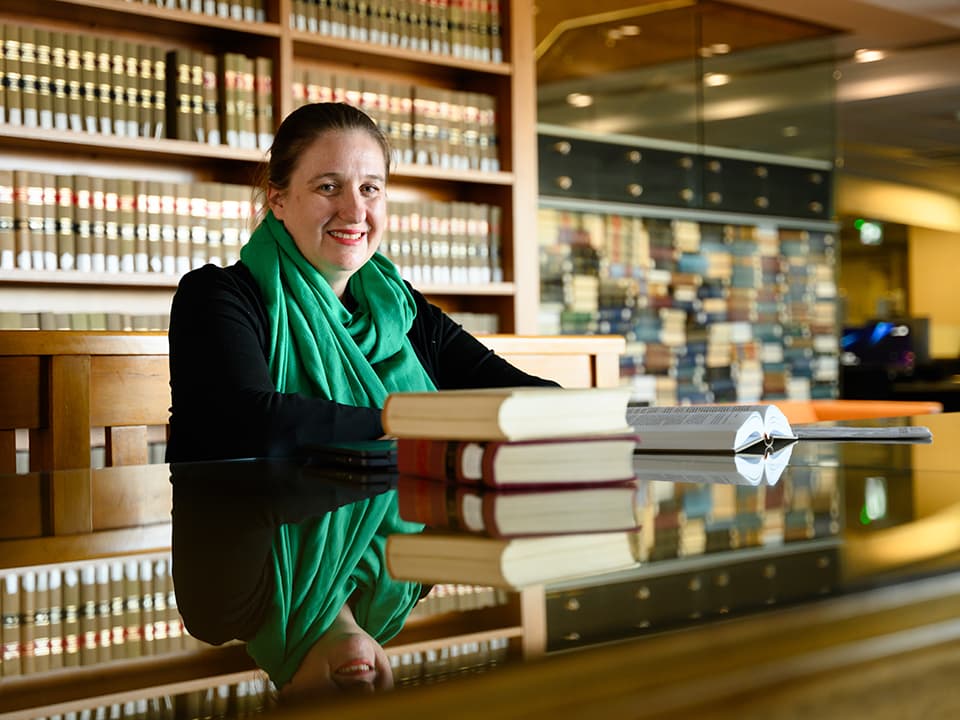Empowering the people
QUT Centre for Justice is a think tank for social justice that aims to empower and enable citizens, consumers and communities through solutions-oriented research. Our vision is to democratise justice by improving opportunities for health and well-being and enhancing the inclusiveness of work and education while widening access to justice.
Research priorities
Our research will focus on finding solutions to social injustice, regardless of social status or geo-political spatial location in a globalised world.
Access to justice
The United Nations has identified access to justice as a priority sustainable development goal (SDG). As a group we undertake critical scholarship that seeks to widen access to justice, especially for disadvantaged and marginalised social groups. Research is an essential catalyst for change to advance the goal of building a more socially just, compassionate and sustainable world. This involves exposing and contesting the social processes, policies, laws and practices that enable discrimination, inequality, exclusion and other forms of injustice to occur.
Research in this program improves access to, and the experience of, justice, particularly in relation to vulnerable groups including:
- First Nations People and other Indigenous Peoples
- women who experience gender violence
- LGBTQI+
- young people and children
- those needing care and support to access everyday life.

Technologies of justice
Social institutions, system designers, practitioners and scholars all have a role to play in what counts as justice, and how it is defined and applied in professional and practical settings. Research in this program enriches our understanding of the intellectual, professional and/or digital technologies that shape the way we think about justice, how it is delivered, and how justice is being transformed in the digital age by AI and associated innovations by addressing:
- the organisation of workplaces and service delivery sites
- the institutional context of practice
- professional knowledge, training and practice
- computer mediated innovations.

Ecologies of justice
How we understand justice as a value, ethic, principle or practice is mediated through relationships and systems that cross historical, political, economic, social, spatial and environmental domains. These intersecting domains shape how justice works, or struggles to be expressed. Research in this program helps us to comprehend the complex arrangements that contribute to, transform, or undermine justice through:
- geopolitics
- systems of governance and regulation
- flows of information, people, goods and services
- place and space
- the well-being of the planet and species that inhabit it
- social change and activism.


Our people
Our researchers are internationally recognised for finding solutions to social injustice, regardless of social status or geo-political spatial location in a globalised world.
